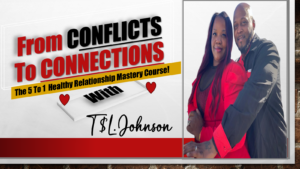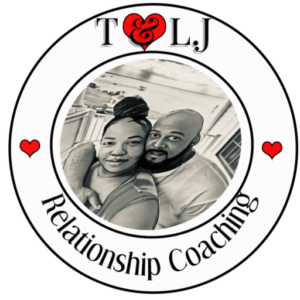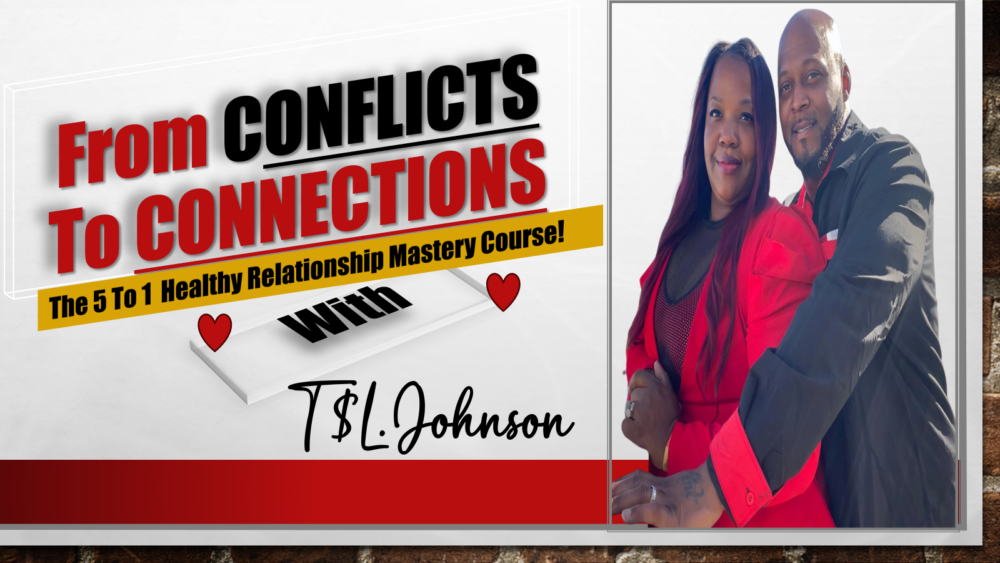Understanding Unspoken Expectations
What Are Unspoken Expectations?
Unspoken expectations are those hopes and assumptions we carry in our minds but often fail to articulate. I’ve learned that it’s quite easy to fall into this pattern without even realizing it. For instance, I remember a time when I expected my teammate to take the lead on a project simply because they had done it before. I assumed they’d know I wanted them to step up—big mistake!
These implicit assumptions can cloud our communication. Instead of creating an open dialogue, they often lead to misunderstandings. If I hadn’t shared my thoughts, I wouldn’t have recognized that my teammate was also waiting for me to take the lead. This miscommunication could have been avoided with a simple conversation.
In essence, unspoken expectations often create a gap in communication. The more I explored this, the clearer it became that addressing these expectations is crucial to fostering better relationships, both personally and professionally.
The Role of Communication in Managing Expectations
Why Communication is Key
Effective communication is the secret sauce to managing expectations. I’ve discovered that when I openly discuss what I want or need, it not only clarifies things for others but also helps me understand their perspectives. Taking the time to communicate fosters trust and reduces the likelihood of conflict.
When I was leading a project with several stakeholders, I intentionally laid out my expectations during our kickoff meeting. I asked everyone to share their own expectations, and it turned out to be a game changer. Everyone was on the same page, which made the project run smoothly.
In my experience, clear communication can nip misunderstandings in the bud. When we articulate our needs, we’re not just clearing the air—we’re building stronger connections. It’s like weaving a tapestry; each thread represents a different expectation, and when woven together, they create a beautiful whole.
The Consequences of Ignoring Unspoken Expectations
Missed Opportunities for Connection
Ignoring unspoken expectations can permanently impact relationships, both in work and life. I know this all too well because I’ve seen colleagues withdraw simply because their needs weren’t articulated. This often leads to mistrust and feelings of resentment. Trust me, it’s a slippery slope!
There was this one time a friend and I had a falling out because I expected them to remember my birthday without hinting at it. I felt hurt when they didn’t, but guess what? I never told them how important it was to me! We eventually talked it out, but it took way too long for a simple misunderstanding. If I had just expressed my expectations, we could’ve enjoyed a celebration together.
The takeaway? Never underestimate the power of open discussions. Ignoring unspoken expectations is a surefire way to lose out on meaningful connections.
Strategies to Communicate Expectations Effectively
Active Listening Techniques
To communicate expectations effectively, I’ve found that active listening is incredibly valuable. It’s not just about talking; it’s also about engaging with what others say. When I practice active listening, I demonstrate that I value others’ inputs and perspectives. This creates a safe space for everyone to express their needs.
In meetings, I always try to summarize what someone has said before responding. It not only shows I’m listening but gives me the chance to clarify any misunderstandings on the spot. For example, if a coworker describes their approach to a project, I might say, “So you’re suggesting we take this route; is that correct?” It opens the door for further discussion and alignment.

Active listening isn’t just a strategy; it’s a mindset shift. When I approach communication with this intention, I find it leads to more productive conversations and stronger relationships.
Creating a Culture of Openness
The Importance of Open Communication Cultures
Creating a culture of openness can revolutionize communication within a team. I’ve seen it firsthand in organizations that prioritize transparent conversations. When team members feel safe to express their expectations and concerns, it fosters innovation and collaboration.
For instance, I once worked at a company that encouraged “feedback Fridays,” where everyone shared thoughts and expectations in a relaxed setting. It promoted candid conversations and allowed us to address unspoken expectations proactively. That company thrived because everyone felt heard and valued.
Ultimately, cultivating an environment that embraces open dialogue can significantly enhance team synergy. It’s about creating a space where everyone feels empowered to voice their thoughts—this is where great ideas are born!
Conclusion
In summary, the impact of unspoken expectations on communication is immense. By understanding our own silent hopes and articulating them to others, we can build stronger, more meaningful connections. Whether it be in personal relationships or professional settings, communicating expectations clearly can lead to better understanding, reduced conflicts, and a healthier environment.
FAQs
1. What are unspoken expectations?
Unspoken expectations are assumptions or hopes we hold about how others should act or respond without explicitly communicating them. It can lead to misunderstandings if not addressed.
2. Why does communication matter in managing expectations?
Communication is crucial because it helps clarify needs and fosters trust. When you express your expectations, you create opportunities for open dialogue.
3. What are the consequences of ignoring unspoken expectations?
Ignoring these expectations can lead to missed connections, misunderstandings, and potentially toxic relationships. It’s important to discuss needs openly to avoid these pitfalls.
4. How can I communicate my expectations effectively?
Utilize active listening techniques, engage in honest discussions, and create an environment that encourages openness among all parties involved.
5. How can I foster a culture of openness?
Encourage regular feedback, make space for open discussions, and model vulnerability yourself. When you set the tone, others will likely follow.

Schedule Your First 20-Minute Coaching
Call With Us Today to see if we fit . You pick the price!
Click Here






